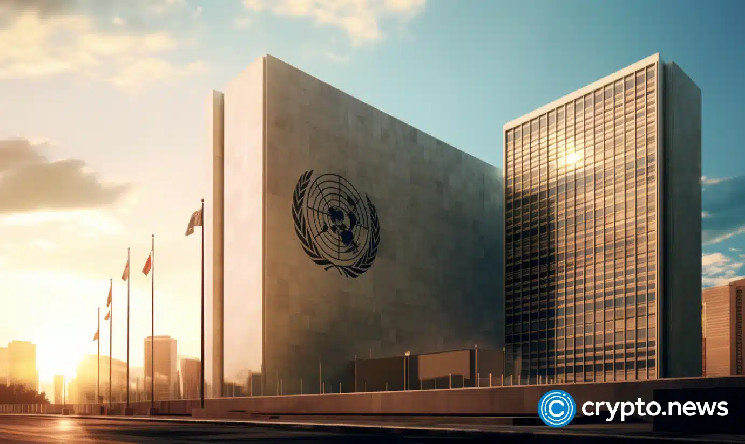More than 24,000 United Nations employees will gain blockchain skills as the UN expands its academy, developed in partnership with the Algorand Foundation.
The United Nations Development Program is expanding its blockchain education academy to provide training to 24,000 staff worldwide, the international organization announced in a press release on November 19.
The initiative, launched in partnership with the Algorand Foundation, aims to equip UN staff with blockchain skills to help them understand how the technology can help build a “more sustainable and just future,” according to Doro Unger- Lee, head of education and teaching. financial inclusion at the Algorand Foundation.
“Blockchain is one of these essential technologies because its transparency and efficiency make sustainable development programs even more effective.”
Doro Unger-Lee, head of education and financial inclusion at the Algorand Foundation
You might also like: The United Nations aims to standardize blockchain
United Nations is experimenting with blockchain
Launched in late 2023, the Blockchain Academy offers specialized training on blockchain technology and its potential applications in development projects. During the beta phase, the academy certified more than 30 UN personnel and added more than 18 hours of training to its curriculum, the press release said.
The expanded program now includes a broader curriculum available to all United Nations Development Program staff, UN Volunteers and the United Nations Capital Development Fund.
Since 2015, the United Nations Development Program has explored blockchain in various sectors, from tracking cocoa supply chains to enabling digital impact investments. This expansion aligns with broader UN efforts, including the December 2023 launch of the Guardian and Managed Guardian Service platform for carbon markets in partnership with the HBAR Foundation. Powered by Hedera’s blockchain, the platform facilitates digital measurement, reporting and verification in carbon markets.
Read more: The United Nations will use distributed ledger technology to tackle the global social crisis

